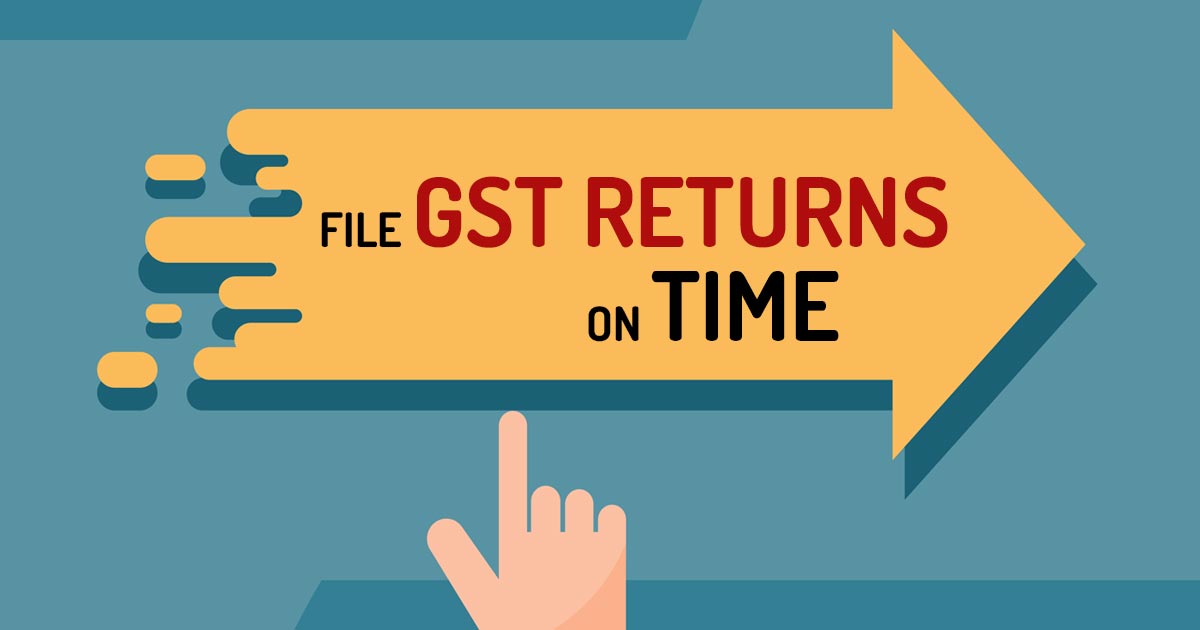
CBIC requests the businesses to furnish several GST return forms on time that is due in the subsequent days as a portion of an online campaign to promote compliance.
CBIC wants the businesses to furnish the GSTR-1 form, concerning the sales made in April, which is left on Wednesday and is needed to be furnished on time. The same form is an essential portion of the reporting framework in GST, specifying that the credit is given to the buyers of goods and services that rely on the supplies made by the sellers which are to be notified in GSTR-1. CBIC mentioned that the late filing of his return would give an outcome in late fee liability. Those traders who do not have chosen for the quarterly return filing facility are being applicable for the due date i.e May 11.
The indirect tax council of the union government indeed requested the businesses that are needed to deduct tax at source (TDS) beneath the GST system to furnish their GSTR-7 return for April within the mentioned time. For those, the last date is 10 May. Late return filing of the GSTR-7 form will attract a late GST fee and interest,
Indeed, e-commerce businesses who are needed to collect the taxes at source need to furnish their GSTR-8 return form by April by Tuesday. The late filing of this return would draw a late fee and interest.
The manufacturers are responsible for furnishing the tax return on the central excise duty towards the month of April to need to furnish the same by Tuesday or suffer the late fee. Central excise duty would be applicable for the refinery products such as petrol and diesel.
CBIC’s online appeal wants taxpayers to follow compliance on their own. For that the central and state council would opt for some of the steps to ensure compliance in return filing as it rectifies the tax collections. The tracking of transactions in the economy in the former few months has rectified the GST revenue collections. Return forms pose an effective role in GST compliance enforcement as the tax council matches the data reported by the buyer and seller to permit the tax credits.








